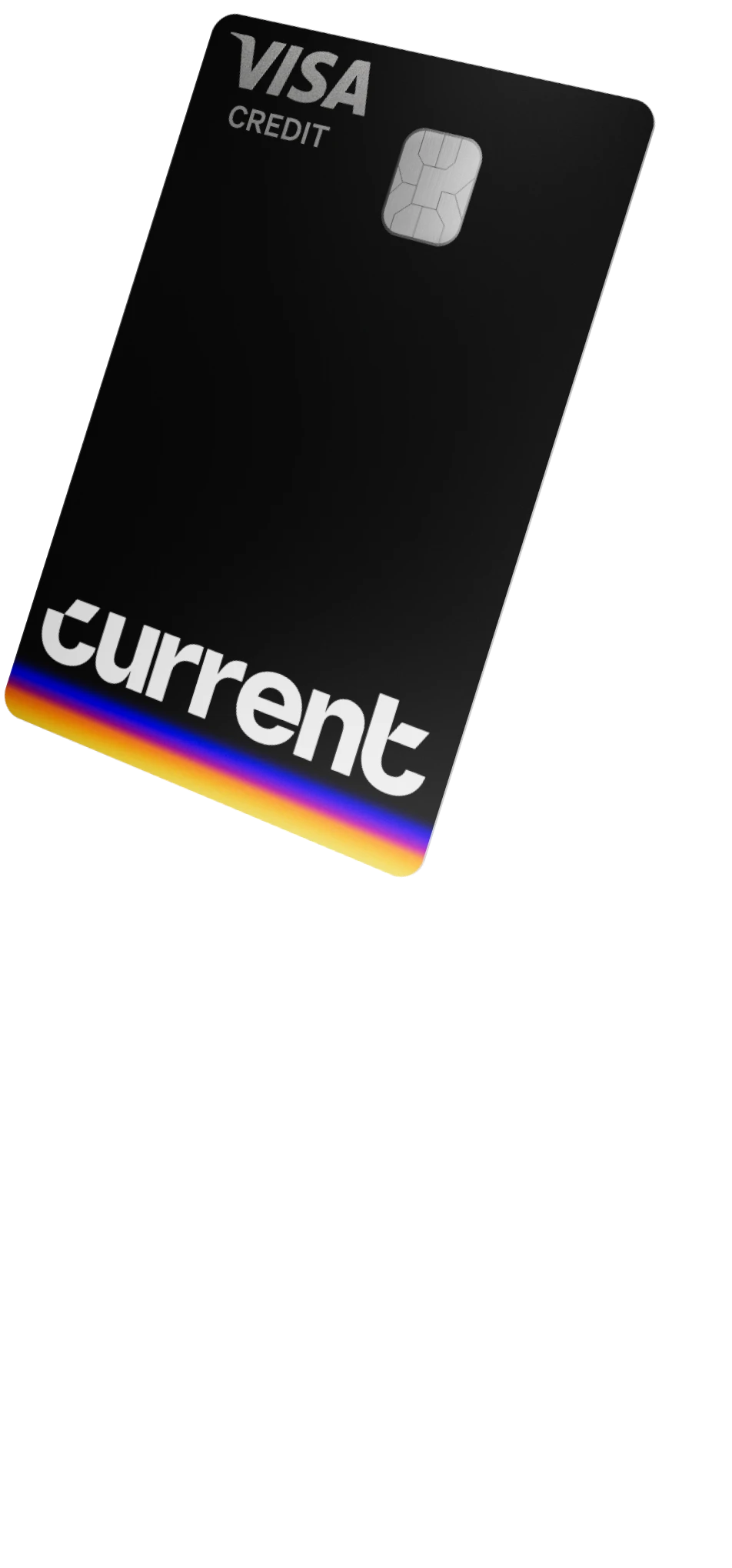Credit Card vs. Debit Card: What's the Difference?

There are many important differences between credit cards and debit cards, all ultimately coming down to how you want to spend your money and what kind of financial protection you want to have.
Credit Card vs. Debit Card
When you use a credit card, you’re not actually spending the money on your purchase. You’re borrowing it from your bank or your financial institution. The bank/financial institution pays the amount to the vendor. As part of signing up for a credit card, you make an agreement to pay the money back to your institution in a timely manner, and to do so with any interest that is drawn on the amount you borrowed for your purchase.
A debit card, on the other hand, takes the necessary funds directly from money you already have in your bank account (usually a checking account). There is no “borrowing,” and there is no “paying back in a timely manner, with interest.”
There is a convenience that comes from using a debit card because it gives you immediate access to your money, without a lot of the strings that are attached to a credit card. The downside for some people is that using a debit card means they are parting with their money at the point of purchase or until the pending transaction is resolved by the vendor. A purchase with a credit card does not reflect on the user’s bank account for some time.
Functionally, debit cards are used in very similar ways to credit cards. The vendor swipes the card, and you are given the option of signing a receipt or using a PIN number.
Is One Better Than The Other?
Many people wonder if there is an advantage to using a credit card over a debit card, and vice versa. There is no objective marker to determine whether one kind of card is better than the other. It largely depends on a user’s individual spending habits, their overall financial situation, and things beyond their control.
For example, while debit cards are probably the more convenient of the two (instant access to funds being the major point), the consumer liability for credit card fraud is just $50, a sign of how strictly the law holds liability for credit card companies. If you notice a suspicious transaction on your credit card statement, you have 60 days to notify the credit card company.
Regardless of whether you use a credit card or a debit card, if you notice potentially fraudulent activity on your account, drop everything and notify your bank or financial institution immediately.
Protection and Credit Scores
Another benefit of credit cards is that they offer more consumer protection on purchases. This is useful if you have to make very large purchases or if you have to buy something fragile that could be damaged in transit to your house. Consumer protection gives you added insurance to cover potential damages.
Credit cards are also useful for people who want to establish, or reestablish, their credit score. Proper use of a credit card can improve a person’s credit rating, which in turn helps them get favorable credit terms. They will then have better chances of receiving loans for homes, cars, and mortgages.
Credit Card Debt and Limitations
Credit cards come with their own risks too. Many people get trapped in credit card debt because their purchases are not immediately reflected on their bank balances. When they get their credit card bill at the end of the month, they discover they cannot pay back what they have borrowed, which can lead to a bad credit score, high interest rates, and, ultimately, collections and repossession.
Lastly, credit cards have certain limitations on their use. While some financial institutions allow debit card users to perform certain tasks with those cards for free — like withdrawing money from an ATM, for example — the same providers might charge extra to credit card owners. And of course, Current members don’t pay fees to withdraw their cash, thanks to our network of 40,000 Allpoint ATMs in the U.S.
This is to dissuade people from using small transactions to buff up their credit score since some providers consider small purchases to be an inadequate sign of creditworthy behavior. They would rather you use your debit card for small purchases and save your credit card for larger purchases and emergencies.
Which Is Best for You?
Ultimately, the difference between a credit card and a debit card comes down to deciding which type is best for you. This is determined by your spending habits and how you plan on using your card.
Many people avoid credit cards because they don’t want to risk debt and overspending. Others want to build their credit and earn rewards, satisfied that they can stick to a budget and stay on top of their finances, so they opt for a credit card. And there are even debit cards that let you earn points too, including your Current card, which allows members to earn up to 15x points for cash back from purchases at over 14,000 participating merchants.
The most important thing is to know the terms and conditions of whatever card you end up choosing. Know your spending habits and your financial situation, and communicate this to your financial provider so you can make the best decision for yourself.
Current offers a debit card that is accepted everywhere Visa is accepted in the U.S. It’s easy to withdraw cash from any Allpoint ATM with the Visa Interlink or Maestro logos and you can add cash instantly at over 60,000 participating stores. Additionally, Current offers an assortment of perks that are accessible via the mobile app such as spending notifications, mobile check deposit, instant money transfers, and tools to help you manage your money. The Current debit card is easy to use, has no hidden fees, and takes less than two minutes of your time to sign up for and start using immediately.
References
What Is a Credit Card? (March 2018). Experian.
Debit Card vs. Credit Card: How Are They Different? (May 2018). Experian.
‘Never, Ever Use a Debit Card,’ Warns Fraud Expert and Ex-con Artist—Here’s What to Do Instead. (August 2019). CNBC.
How Credit Card Car Rental Insurance Works and 4 Cards That Have It. (July 2021). CNBC.
3 Credit Card Mistakes To Avoid at All Costs – And Steps You Can Take to Avoid Making Them. (August 2021). USA Today.
The Psychological Reason Credit Cards Make You Spend Like A Kardashian. (September 2019). Inverse.




